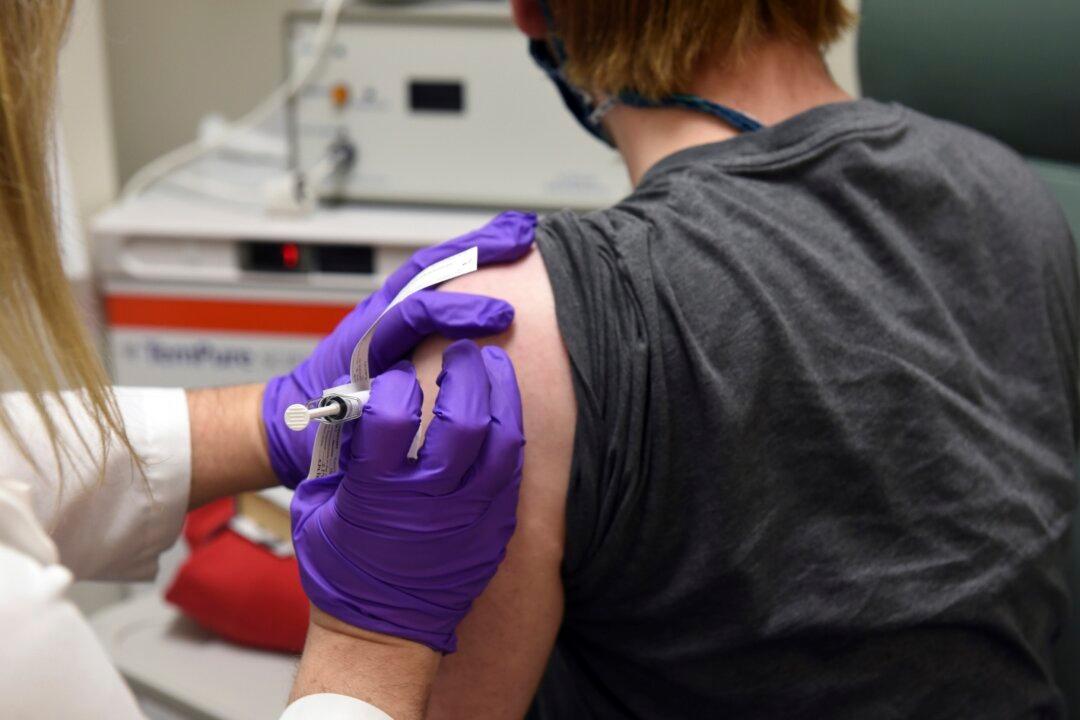The Food and Drug Administration (FDA) said Friday that it is working quickly towards finalizing its approval for emergency use authorization of the Pfizer-BioNTech COVID-19 vaccine.
In a joint statement, FDA Commissioner Stephen M. Hahn and Director of the Center for Biologics Evaluation and Research (CBER), Peter Marks, said the agency has notified Pfizer-BioNTech “that it will rapidly work toward finalization and issuance of an emergency use authorization.”





